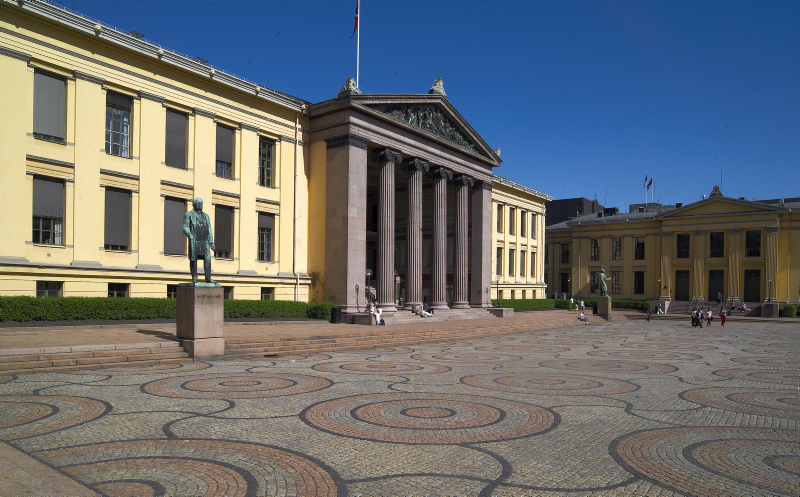About the project
FLAGSHIP examines the ways in which European flagship universities have adapted over the last ten years to far-reaching changes in their political and socio-economic environments, and the extent to which these adaptations are initiated and implemented by the institutional leadership or as a consequence of external change drivers.
A ‘FLAGSHIP’ university is defined as a comprehensive research-intensive university, located in one of its country’s largest urban areas. A FLAGSHIP university is in general among the oldest and largest institutions for higher learning of its country.
Objectives
The overall objective of this project is to produce relevant insights into the way in which selected flagship universities in Europe interpret and use their institutional autonomy in creating an effective balance between strengthening the excellence and securing the socio-economic relevance of their academic activities.
The project addresses the following two questions:
- What are the organised settings and institutional characteristics that attract highly qualified staff and students, encourage academic excellence and free enquiry and also make universities take seriously their social and economic responsibilities?
- What are the main factors that over the last ten years have affected these organised university settings and institutional characteristics?
Research questions
- How have European flagship universities over the last ten years adapted to changes in their political and socio-economic environments?
- How is universities’ institutional autonomy interpreted by central actors inside and outside the institutions?
- Which factors affect how flagship universities use their autonomy?
Policy relevance
Besides the scholarly goals of the project, FLAGSHIP’s aim is also to provide Norwegian universities and policy makers with a better understanding of the change dynamics of flagship universities in selected other European countries and the ways in which changes in Norwegian universities compare to these. The aim is further to contribute to the discussion on the autonomy of Norwegian universities and university colleges, as well as to the strengthening of the knowledge basis of Norwegian knowledge area policies, especially in the areas of research and innovation.
Two phases
Phase I
For understanding the way in which European research-intensive universities adapt their strategies, structures, policies and practices, one has to understand how specific university actions relate to European-level ambitions and interventions, as well as to the national legal, financial-economic, and political traditions and realities. Based on this understanding, the strategic room to manoeuvre that these universities have, as well as the way in which they use this autonomy, will be examined.
This will be done through case studies of eleven selected institutions. These are ‘flagship’ universities in small nations in Northern and Western Europe:
- University of Oslo
- University of Bergen
- University of Copenhagen
- Aarhus University
- University of Helsinki
- Stockholm University
- University of Gothenburg
- University of Amsterdam
- KU Leuven
- University of Vienna
- University of Zurich
Phase II
In addition to these case studies on the European, National and institutional level, the researchers at FLAGSHIP will also investigate the department level. In the second phase of the project (2013) detailed case studies at the departmental level will take place in five faculties, where the following departments will be analysed:
Financing
FLAGSHIP is funded by The Research Council of Norway’s programme Knowledge base for research and innovation policy (FORFI) and by the University of Oslo.
Project period: 1 September 2011 – 31 March 2015.
The team
While the project is coordinated by ARENA, the research team is also recruited from Department of Polical Science and Department for Educational Research, University of Oslo.
